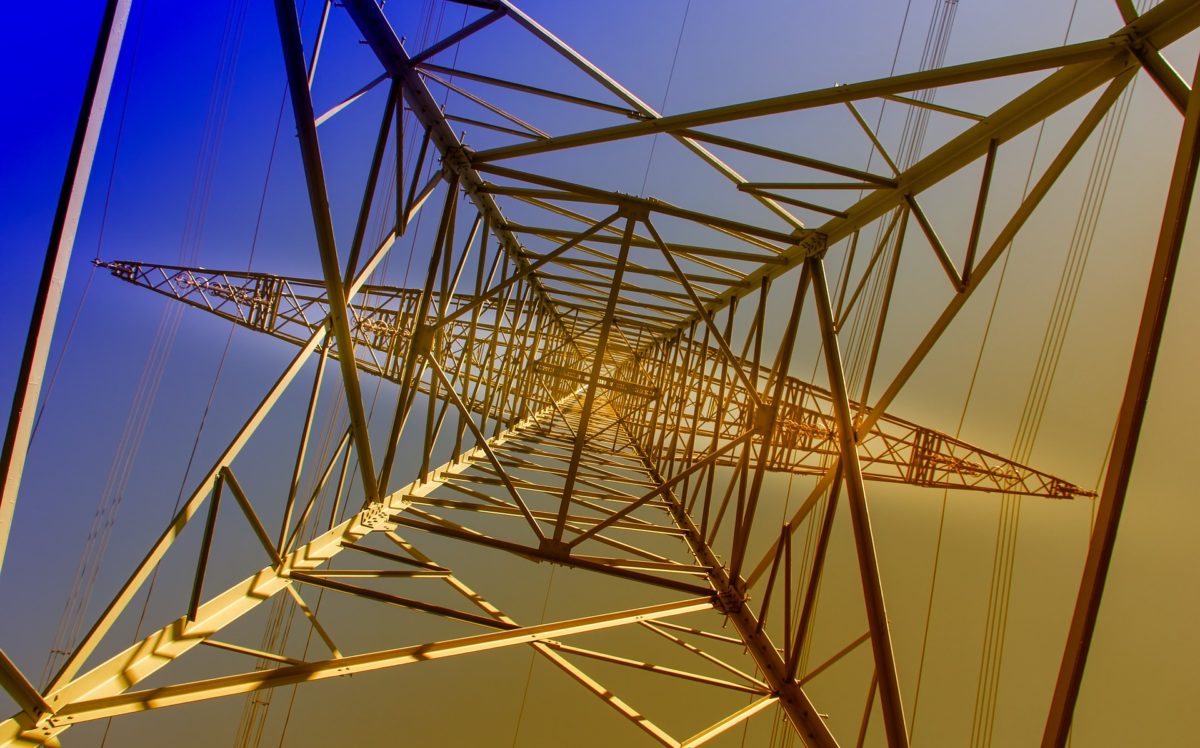Grid operators in the Netherlands are not obliged to compensate the owners of solar rooftops whose arrays are disconnected due to problems with grid capacity and voltage quality.
That position has been confirmed in writing by minister of economic affairs and climate change Eric Wiebes, in a letter to parliament in answer to a question from the opposition Labor Party, which said the owners of residential arrays featuring small cables regularly had their systems switched off.
“I do not consider it desirable to oblige grid operators to pay a fee if electricity cannot be fed in due to voltage problems,” wrote Wiebes. “Grid operators are of course obliged to investigate complaints about the voltage quality in the grid and, as with capacity restrictions, to take measures to adjust the grid as soon as possible.”
Local knowledge
Dutch solar analyst Peter Segaar told pv magazine solar system disconnections are frequent only in densely populated areas when systems feature cables that were designed for consumption only. “Many PV systems on such lines cause voltage increases, incidentally above the set norm,” said Segaar. “Mostly, network operators are able to fix that on relatively short notice by adjustments in the local transformer station. However, if lots of capacity [is] added in [a] short time, net capacity must be increased.”
Segaar added, though, similar problems had occurred away from urban centers, in the province of Groningen. Solar incentives prompted a large number of PV systems to be installed in thinly populated villages in the province, which resulted in voltage issues and inverters being automatically shut off. “To my knowledge, no payments have been made to consumers [or] prosumers in that area, because of [temporarily] not being able to feed-in surpluses,” said Segaar.
The analyst said, in most of cases, any resulting loss of incentives would be marginal as grid operators are compelled to act as quickly as possible to fix such problems.
Grid capacity issues are dogging the provinces of Gelderland and Noord-Holland and parts of Flevoland, Friesland and Zuid-Holland as well as areas in Groningen, Drenthe and Overijssel, in the northeast of the country.
This content is protected by copyright and may not be reused. If you want to cooperate with us and would like to reuse some of our content, please contact: editors@pv-magazine.com.




By submitting this form you agree to pv magazine using your data for the purposes of publishing your comment.
Your personal data will only be disclosed or otherwise transmitted to third parties for the purposes of spam filtering or if this is necessary for technical maintenance of the website. Any other transfer to third parties will not take place unless this is justified on the basis of applicable data protection regulations or if pv magazine is legally obliged to do so.
You may revoke this consent at any time with effect for the future, in which case your personal data will be deleted immediately. Otherwise, your data will be deleted if pv magazine has processed your request or the purpose of data storage is fulfilled.
Further information on data privacy can be found in our Data Protection Policy.